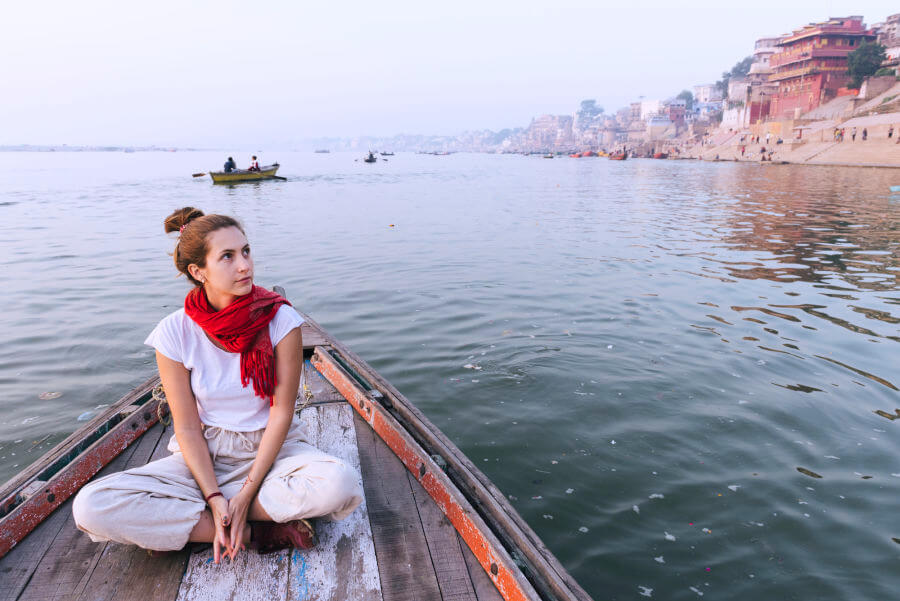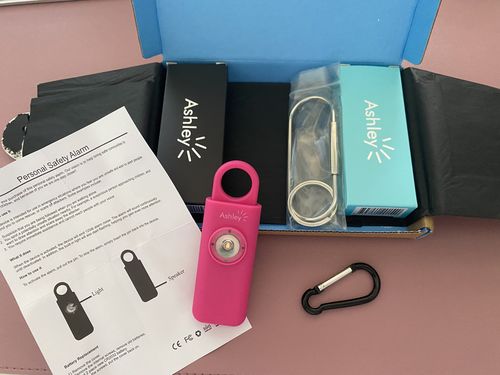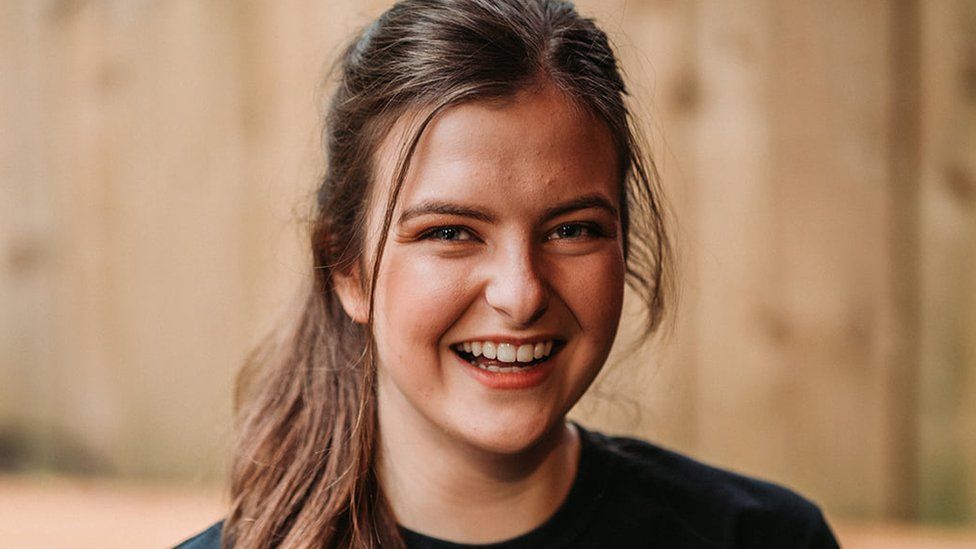Traveling solo is one of the best things you will ever do. It’s a scary, yet exhilarating experience that you won’t regret.
Taking a leap into the unknown without having the backing support of your family or close friends isn’t the easiest thing to do, but it can be so rewarding and eye-opening.
You get to explore new areas of the world that you would have never otherwise experienced. You can learn more about different cultures and interact with hundreds of amazing people.
As empowering as solo travel is and as much as it enables you to get out of your comfort zone, it can be a daunting experience. Unfortunately, traveling alone doesn’t come without its risk. There are always safety concerns associated with traveling to foreign countries, no matter how far away they are from your home town.
Safety should always be a top priority for solo travellers. Stay safe means you can enjoy your traveling experiences free of worry and out of harm’s way.
Here are five top ways to feel safer when you are traveling alone.
1. Carry a Personal Safety Alarm
Personal safety alarms, sometimes also called rape alarms or attack alarms, are small electronic devices that can be carried around your neck or on your belongings. When activated, they emit a loud, piercing sound that alerts those nearby that you are in danger.
Carrying a personal safety alarm around with you at all times while you are solo travelling will help you to feel much safer. You can rest assured knowing that you can quickly and easily get help if you’re in danger.
If you get attacked, you can press the activation button and gain the attention of passers-by, who can call emergency services or help you out themselves.
Personal safety alarms are a great deterrent too. When a potential attacker spots the alarm around your neck, they are less likely to make a move. If you aren’t comfortable carrying an alarm around your neck, you can clip it to your belt or keep it in your bag.
2. Research Your Accommodation Carefully
Before you head on your travels, you should always spend time researching the best accommodation.
This can be difficult to do when you’re traveling to a country that is far away from where you currently live, but don’t book any accommodation until you have seen pictures and/or videos, and you have spoken to the owner or manager of the facilities.
Try to avoid booking a room that is in a very remote location that has limited staff members and security. Understandably, this isn’t always possible and, in this case, you should do extra research to ensure that you find the safest option in the area.
Pay close attention to the security around the accommodation. Does it have CCTV cameras? Is there a reception that is manned 24 hours a day?
You must also consider which facilities are nearby to the accommodation. Location is absolutely key when it comes to staying safe while you are travelling solo.
Find a room that has all of the necessary amenities and facilities within a close distance, so you won’t have to walk too far alone in the dark if you need anything urgently.
Before you book anywhere, take a look on Google Maps to see the accommodation in all its glory. Look out for the safety features (such as cameras or security gates) and explore the vicinity to get a feel for the area.
3. Keep Spare Copies of Important Documents
No matter where you are traveling, you’re going to need a range of important documents. You should keep all of this documentation somewhere that’s easy to reach as you travel to your destination and beyond.
Whether it’s your passport to cross country borders or your driving license as proof of identification to check into your accommodation, you’ll need your documents at all stages of the traveling process. Missing just one of these documents can seriously delay your travels or even bring them to a premature end.
Here are some of the essential documents to keep to hand:
- Passport – you will need to exit your home country and enter your destination country (and vice versa on the return journey)
- Identification card – your ID might be necessary to check-in at your accommodation or to buy certain items while you’re away
- Travel insurance and health insurance documentation – if you need to gain access to your insurance benefits (such as compensation for lost luggage or access to local healthcare facilities), you’ll need proof of your insurance policy
What’s more important is carrying around spare copies of each of these documents. This way, if you lose the original copy, you are still able to travel back home or gain access to healthcare if you need it.
You might also want to keep digital copies of each important document on your phone as an additional backup.
4. Keep Your Belongings Close
When you are traveling alone, you are more vulnerable. Unfortunately, you are more likely to be targeted by thieves and attackers when you are spotted on your own.
In order to stay as safe as possible on your travels, you must always keep your belongings close when you’re out and about. You may be traveling light but if you are carrying your passport, ID, or wallet, you won’t want to lose these essentials.
If you’re wearing a backpack, keep it at the front of your body so that you can see it at all times. You can also get anti-theft backpacks that are more difficult to open and will protect you from robbers. This will keep pickpockets and thieves away while you’re navigating through busy areas.
When you’re sat down in public, place your bag on your lap or place it on the floor and keep the strap wrapped around your foot. If anybody tries to steal your bag, you’ll know immediately and you can call for help.
5. Be Careful Who You Speak To
It’s important to interact with the locals while you are solo travelling to avoid feeling isolated and lonely. However, you should always be careful who you speak to.
You never know the true intentions of those around you until you’ve got to know them on a more personal level. Even the friendliest of people might have ill intentions so it’s always best to keep your guard up for a while.
Do not disclose any personal information, such as the address of your accommodation or your mobile number, to people who you have just met. Once you know that you can trust them, you might want to share contact details, but before this point, keep this information to yourself.
Similarly, avoid going anywhere quiet or isolated with people you don’t know, especially at night time. If one of the locals offers to show you around, stick to the busy areas of the town where there are lots of people around you.
Once you have gotten to know the area, you might feel more confident exploring by yourself. If you want to check out the suburbs of the town, make sure you do so in broad daylight and stay extra vigilant at all times.
















Leave a comment
This site is protected by hCaptcha and the hCaptcha Privacy Policy and Terms of Service apply.